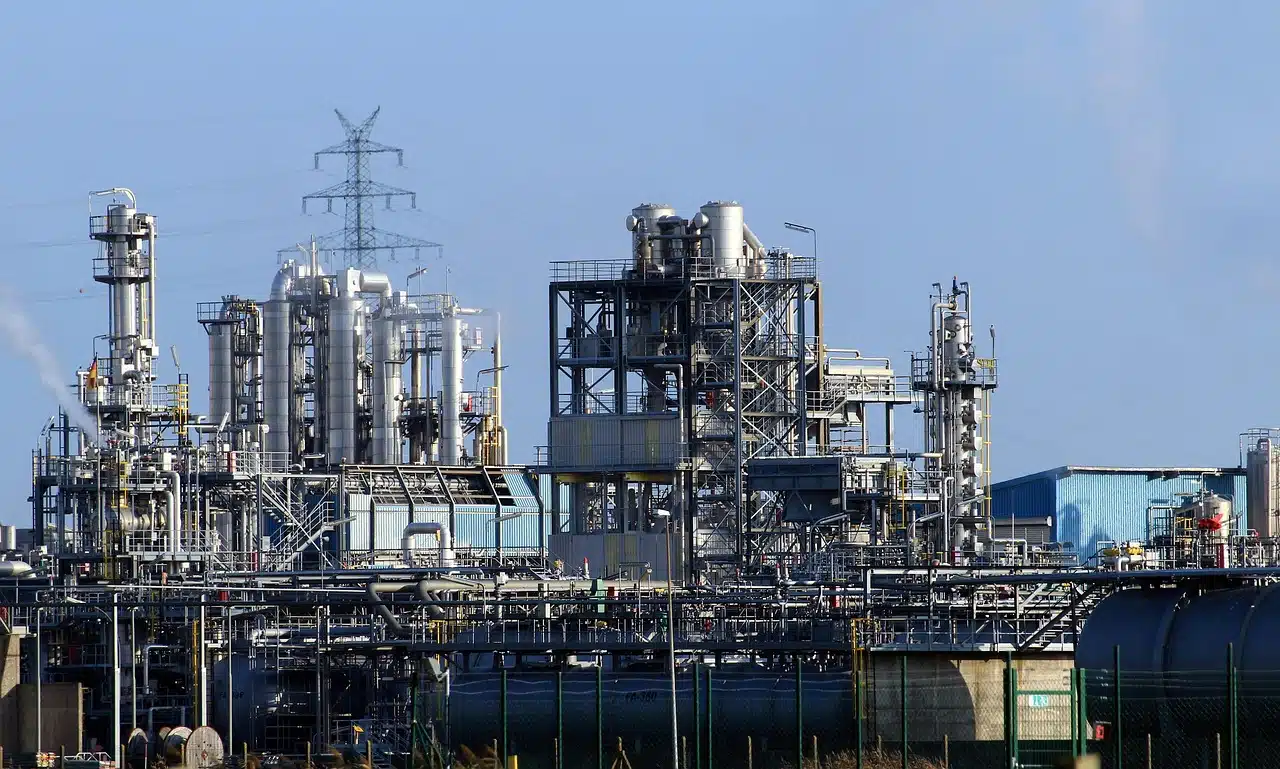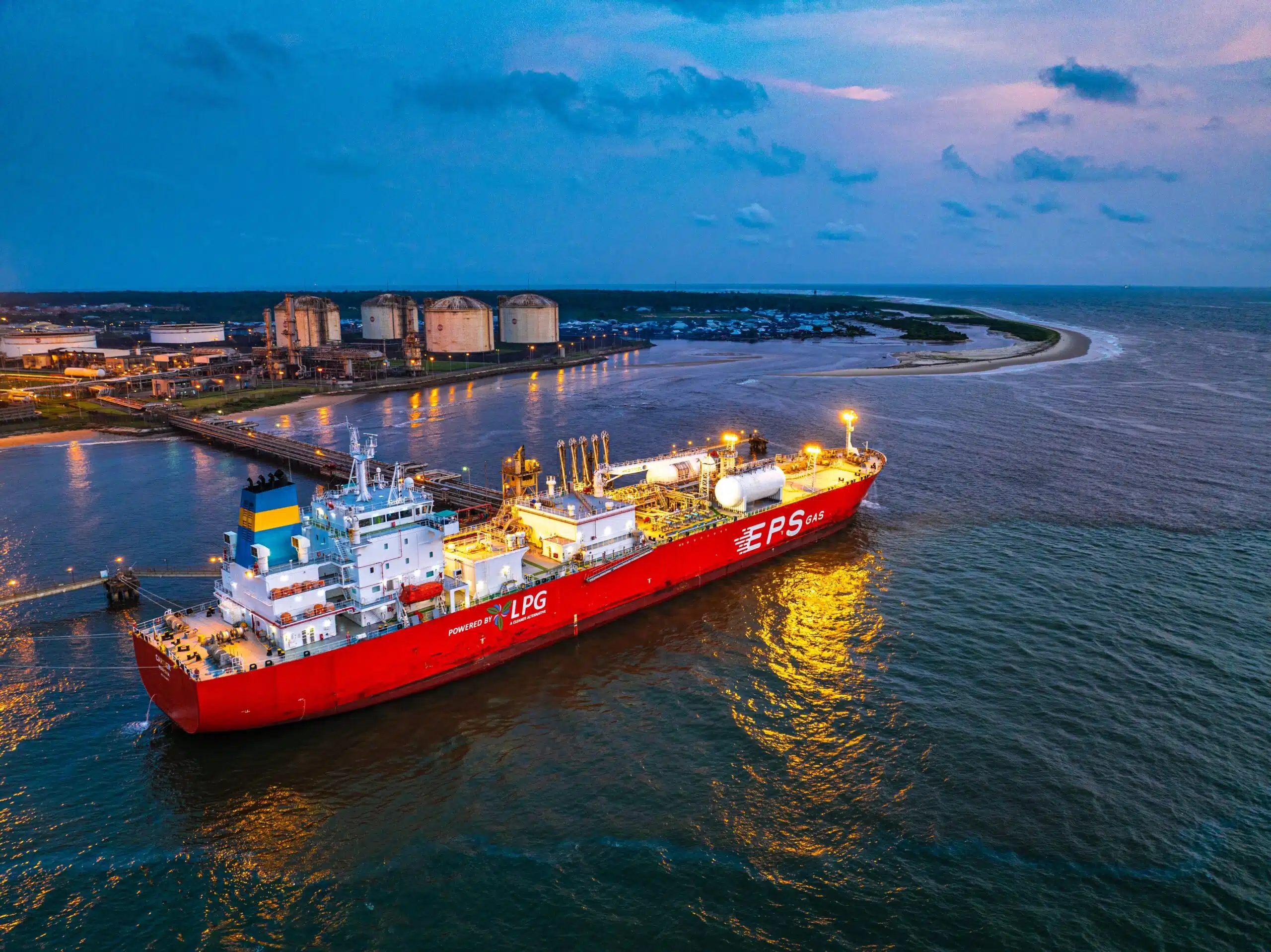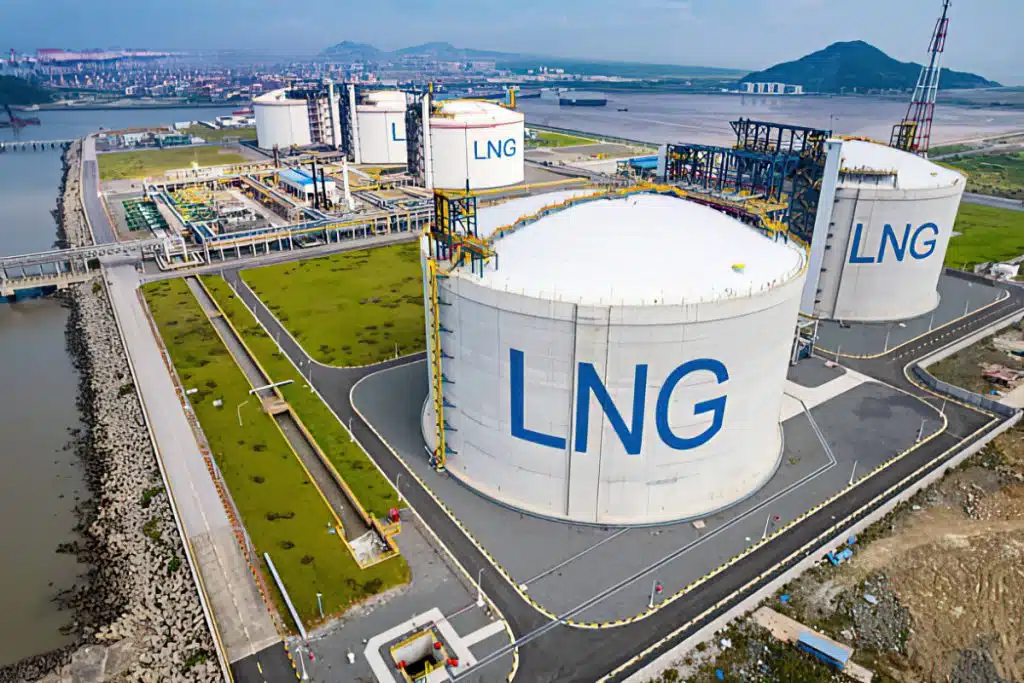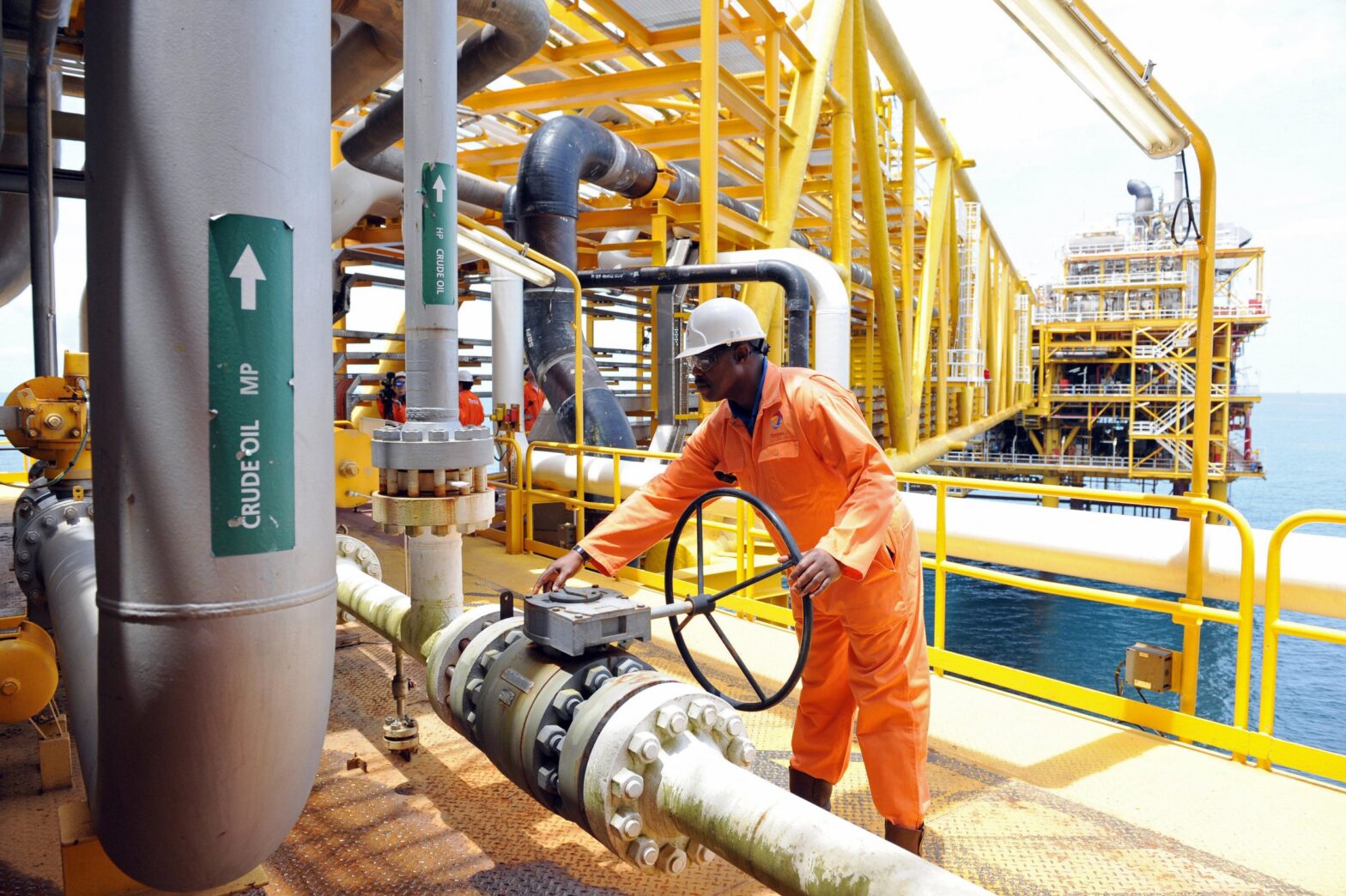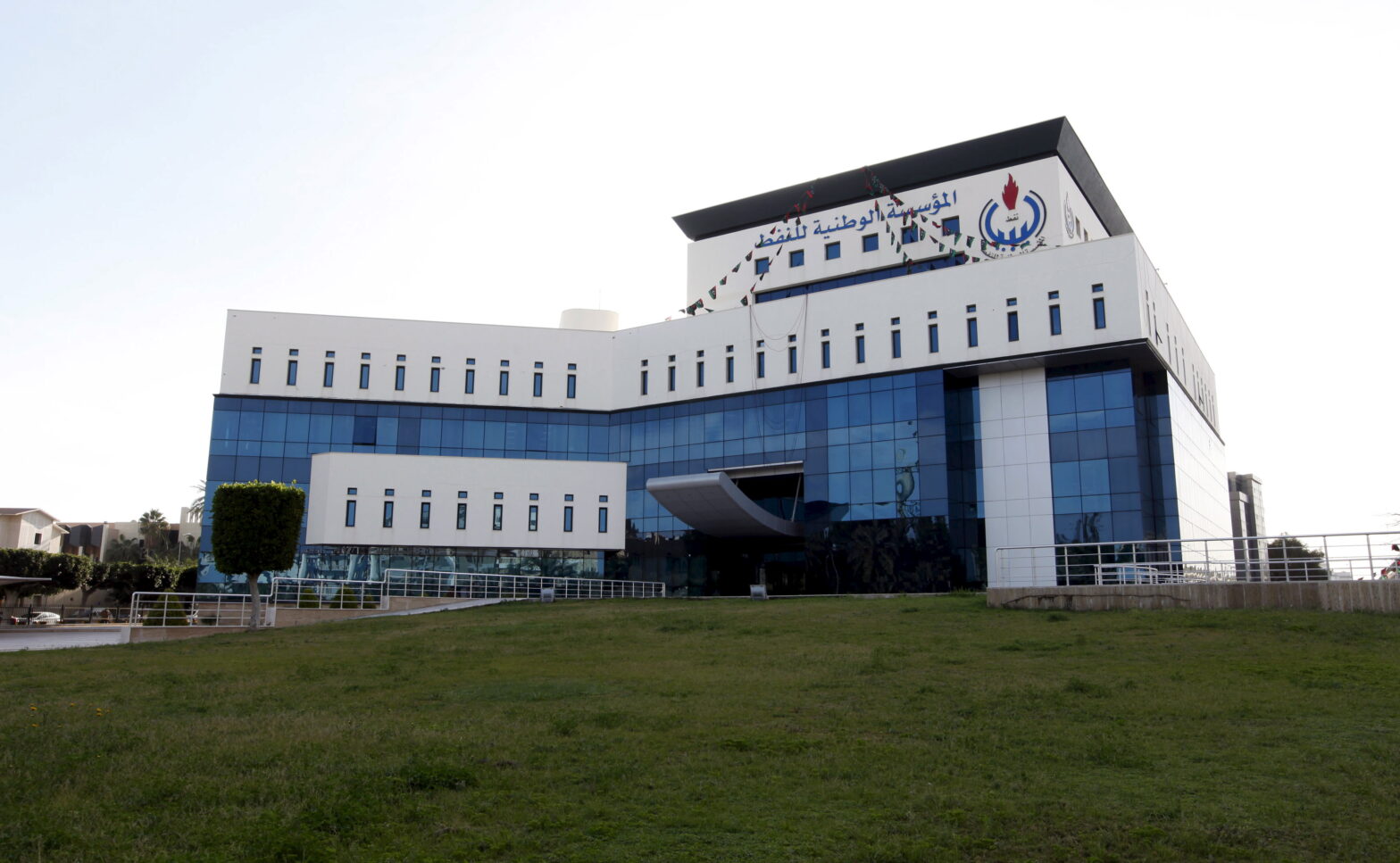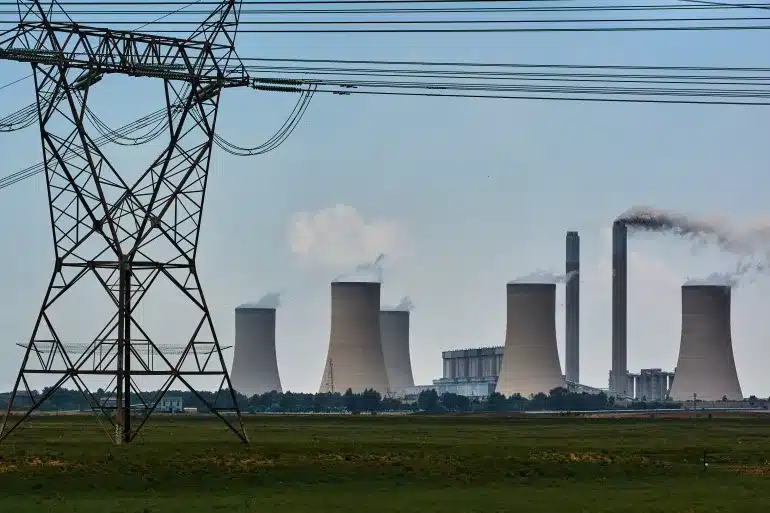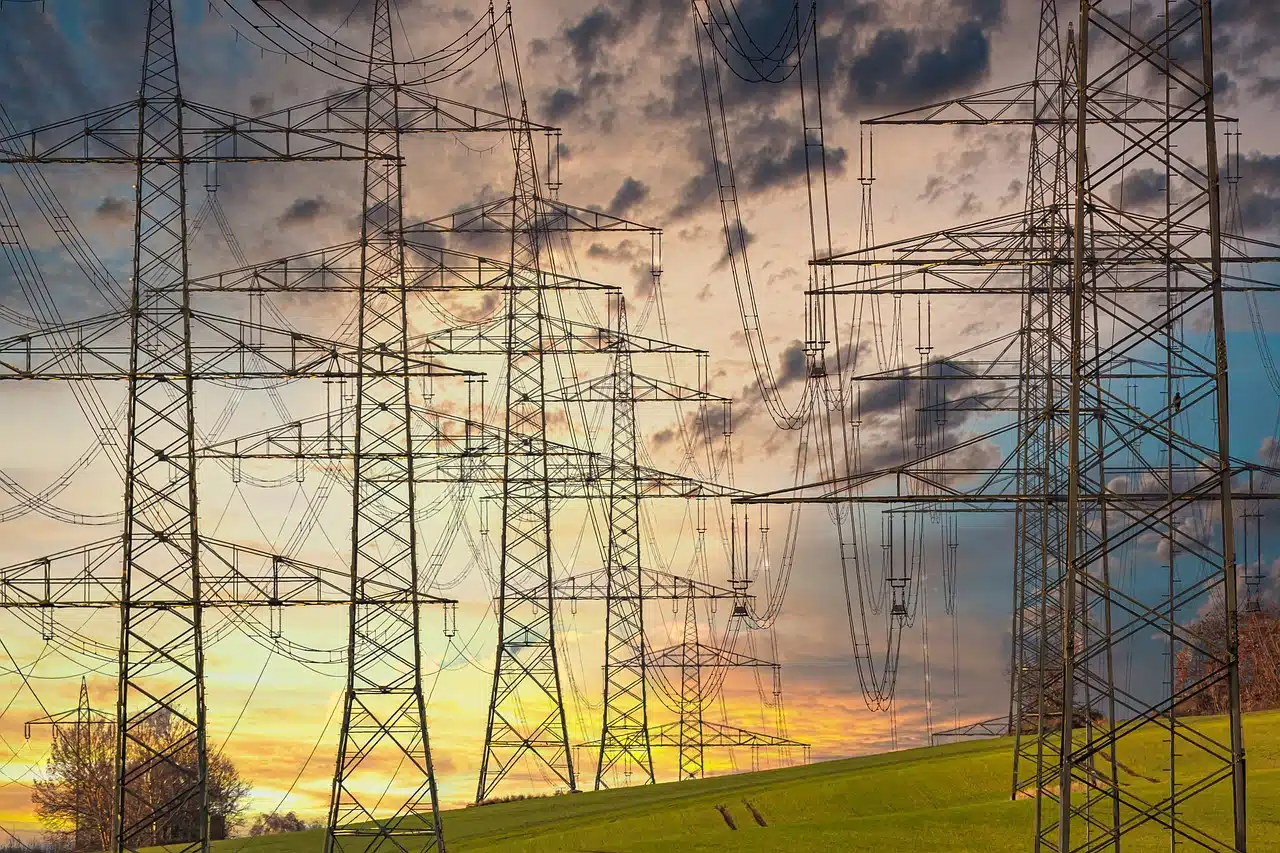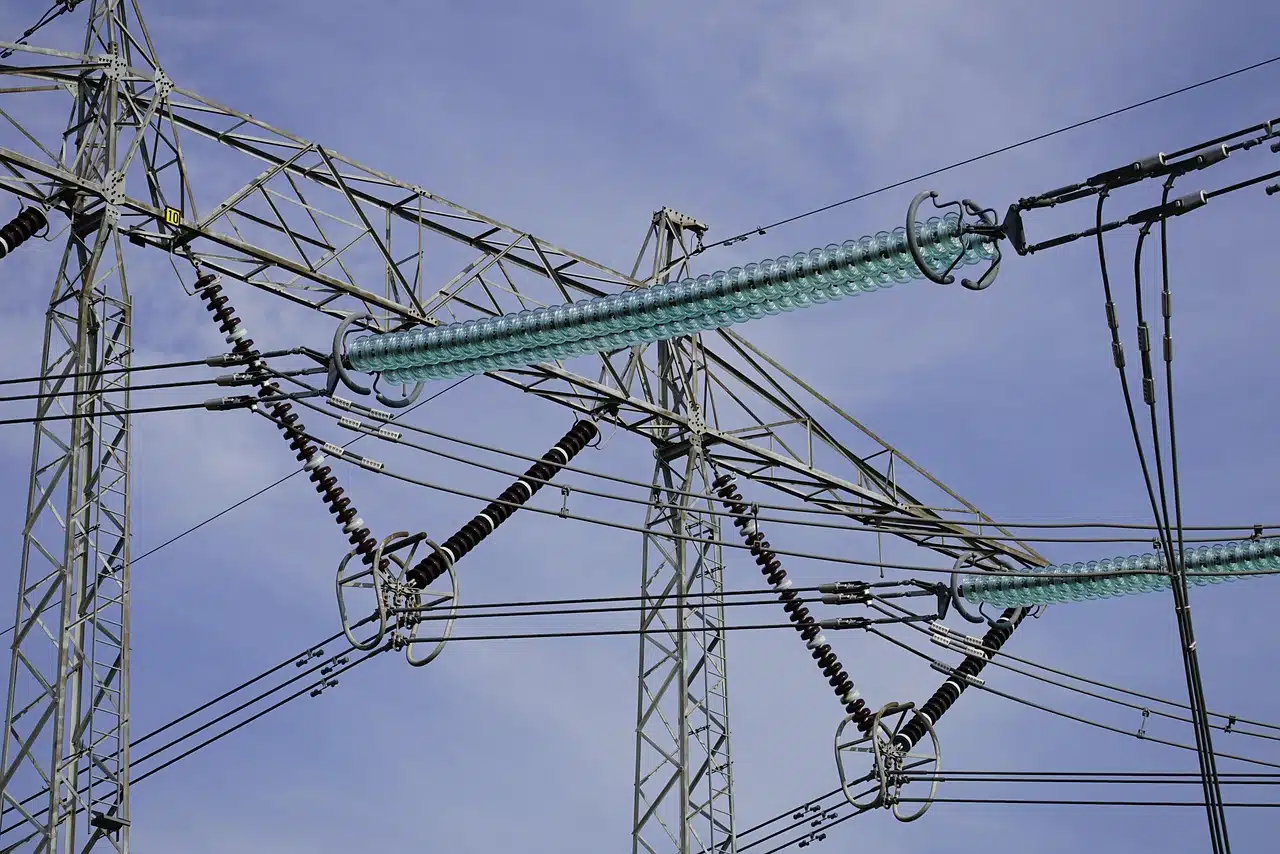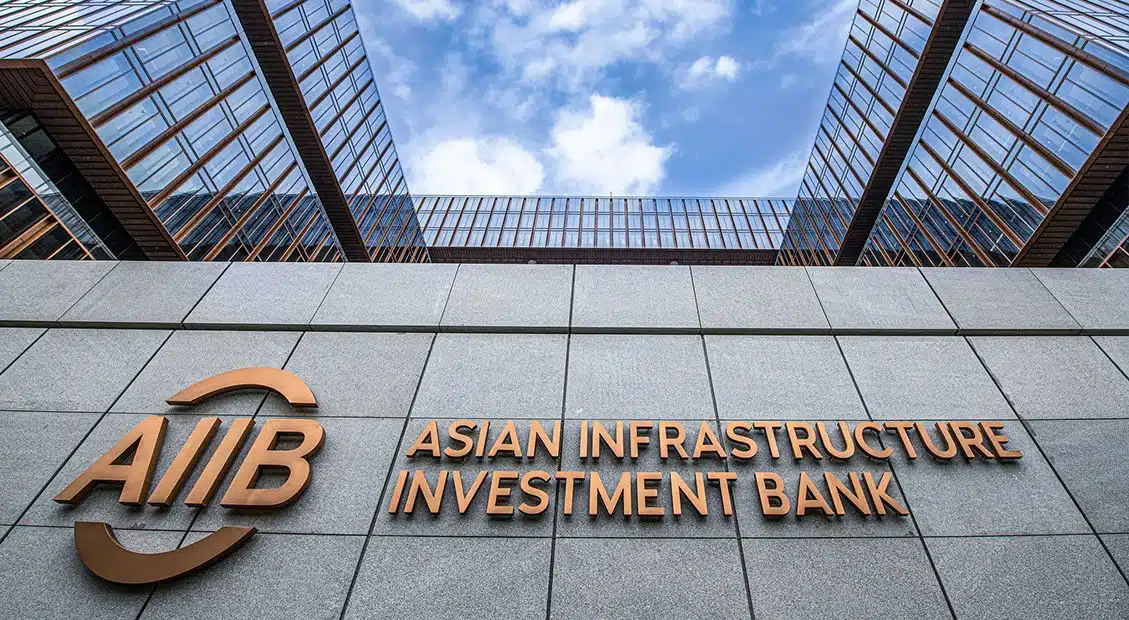Namibia and Botswana are advancing discussions on a $4 billion joint oil refinery project as feasibility studies move forward, with Walvis Bay and Ghanzi being considered as possible locations.
Officials from both countries said the initiative is still in the study phase, and no final decision has been made on the choice of site or cost structure.
Deputy head of the upstream unit in Namibia’s ministry of mines and energy, Carlo McLeod, explained that while estimates of around $4 billion have been mentioned, the governments are awaiting results of the studies before confirming a budget.
“Namibia and Botswana are jointly exploring the development of a regional oil refinery.
“The project is currently at the feasibility study stage, with locations such as Walvis Bay and Ghanzi under consideration, although no final decision has been made,” McLeod said in Windhoek.
Refinery to strengthen regional energy supply
The refinery is being considered as part of a strategy to strengthen energy security in Southern Africa.
Both Namibia and Botswana import petroleum products mainly through South Africa, leaving them exposed to supply disruptions and high transport costs.
Officials noted that a domestic refinery would allow both countries to reduce import dependency, create jobs, and support downstream industries.
It is also expected to provide refined products for neighbouring states in the Southern African Development Community (SADC).
Walvis Bay already plays a key role in fuel logistics as it serves as a strategic port for petroleum imports into Namibia.
The inclusion of Ghanzi in Botswana shows the project’s regional outlook, as the landlocked country looks to diversify its fuel supply options.
Feasibility study still ongoing
While figures of around $4 billion have been reported, Namibia’s energy ministry stressed that cost projections remain speculative until the studies are complete.
McLeod added that the focus for now is on assessing technical and economic viability, environmental impacts, and potential funding models.
Both governments are also expected to determine whether the refinery will be state led, privately funded, or developed through a public private partnership.
In addition, the studies will review projected crude oil supply sources, possible product slate, and demand outlook across the region.
The project reflects a broader push by African countries to build local refining capacity, as many continue to rely on imported petroleum products despite having crude oil resources.
For example, Nigeria launched the 650,000 barrels per day (bpd) Dangote refinery in 2024, which aims to reduce reliance on imports and stabilise local fuel supply.
Namibia itself is emerging as a significant player in oil exploration after recent offshore discoveries.
Officials believe a refinery could complement these upstream developments by establishing local processing capacity.
Both countries have indicated that they will make a final investment decision only after the feasibility studies are concluded.

